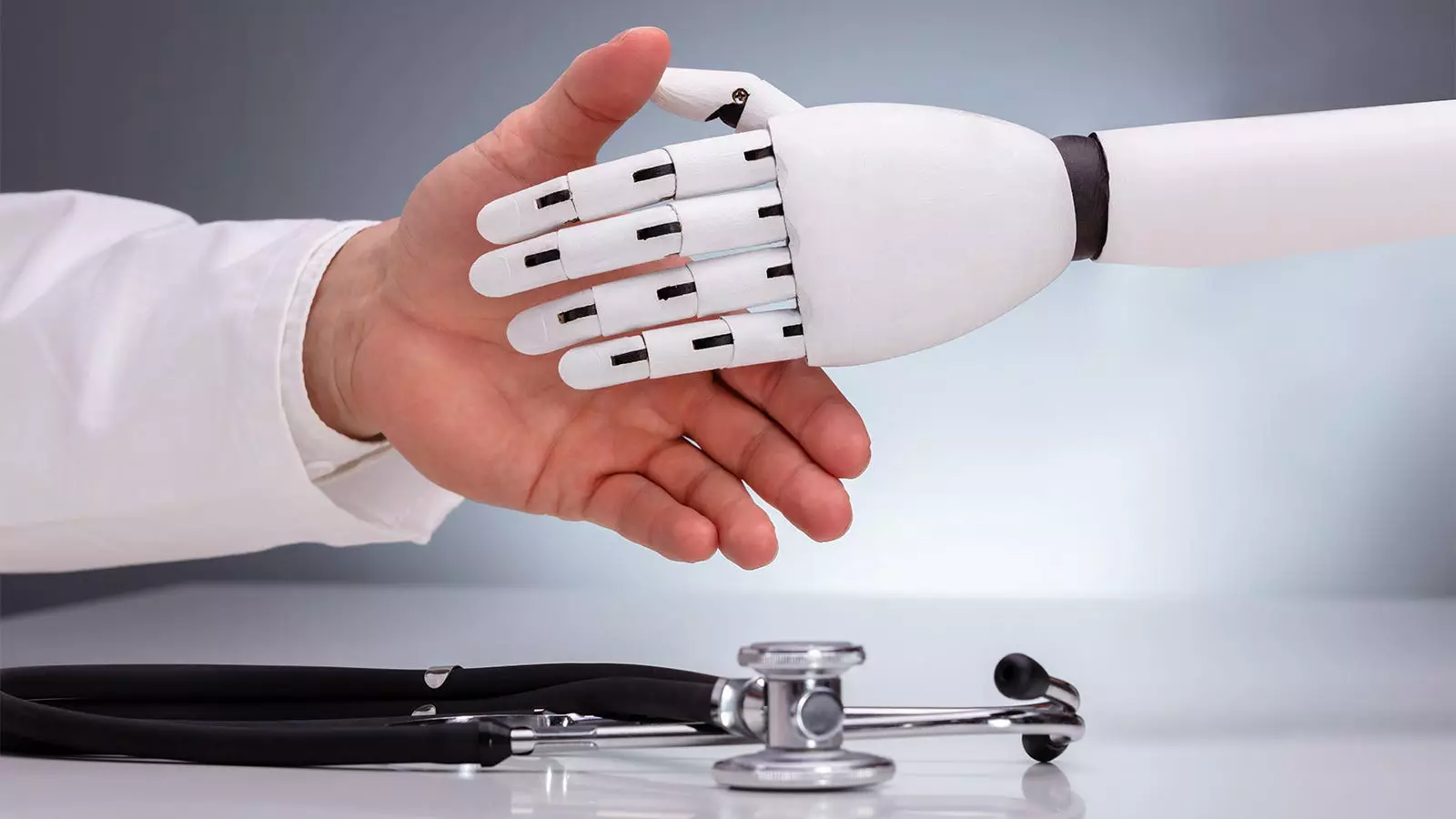As the realm of artificial intelligence (AI) continues to expand in healthcare, one pressing question emerges: “Will AI someday usurp the role of your doctor?” While AI can excel in diagnostic precision, bedside manner, and information gathering, it still grapples with issues of trust, human connection, and oversight that currently classify it as more of a companion rather than a replacement for physicians. Therefore, the focus should not be on whether AI will replace doctors, but on how the partnership between AI and physicians should be structured.
A novel approach to understanding the role of AI in healthcare is to view it as a “medical student in training.” Similar to how medical students work alongside attending physicians, AI should be seen as a tool that can enhance the capabilities of healthcare providers. While AI requires initial preparation and ongoing adjustments, its rapid learning capabilities can significantly alleviate the workload of physicians by completing tasks, gathering information, and customizing communications. However, given its potential for errors and gaps in clinical reasoning, it is essential to have a licensed physician overseeing its work. Like a student and teacher, the AI-physician partnership should facilitate bidirectional learning, with AI providing feedback and correcting errors without hierarchical constraints.
Consider a scenario where AI functions as a medical student at the beginning of a clinic visit or hospitalization. AI can sift through a patient’s medical history, engage with the patient, summarize case details, generate consult questions, compile discharge summaries, and update relevant stakeholders. By handling these routine but crucial tasks, AI enables physicians to focus on providing quality care and building stronger patient relationships. Additionally, AI can assist in generating documentation notes, providing tailored information to all involved parties, and ensuring continuous support for patients post-care.
By conceptualizing AI as a medical student, healthcare leaders and practitioners can better integrate AI into the clinical workflow. Rather than viewing AI as a replacement for human cognition, the emphasis should be on collaborative engagement to enhance patient outcomes. As AI assumes roles traditionally performed by medical students, medical training may evolve to emphasize interactions with AI tools and sharpening core clinical decision-making skills. Prompt engineering, or the skill of extracting valuable clinical insights from AI, may become a fundamental aspect of medical training.
While AI holds promise as a valuable ally in healthcare, the progression from student to fully-fledged doctor for AI remains a question mark. Similar to the gradual advancement of medical students in training, the integration of AI should involve incremental increases in clinical responsibilities and continuous evaluation of its performance. By nurturing AI’s growth in healthcare, we can unlock its potential to complement and enhance the practice of medicine, ultimately benefiting both physicians and patients.
Embracing AI as a partner in healthcare rather than a replacement for physicians can lead to a more synergistic and effective approach to delivering patient care. By fostering a collaborative relationship between AI and healthcare providers, we can harness the power of technology to uphold medical excellence and improve healthcare outcomes for all.


Leave a Reply